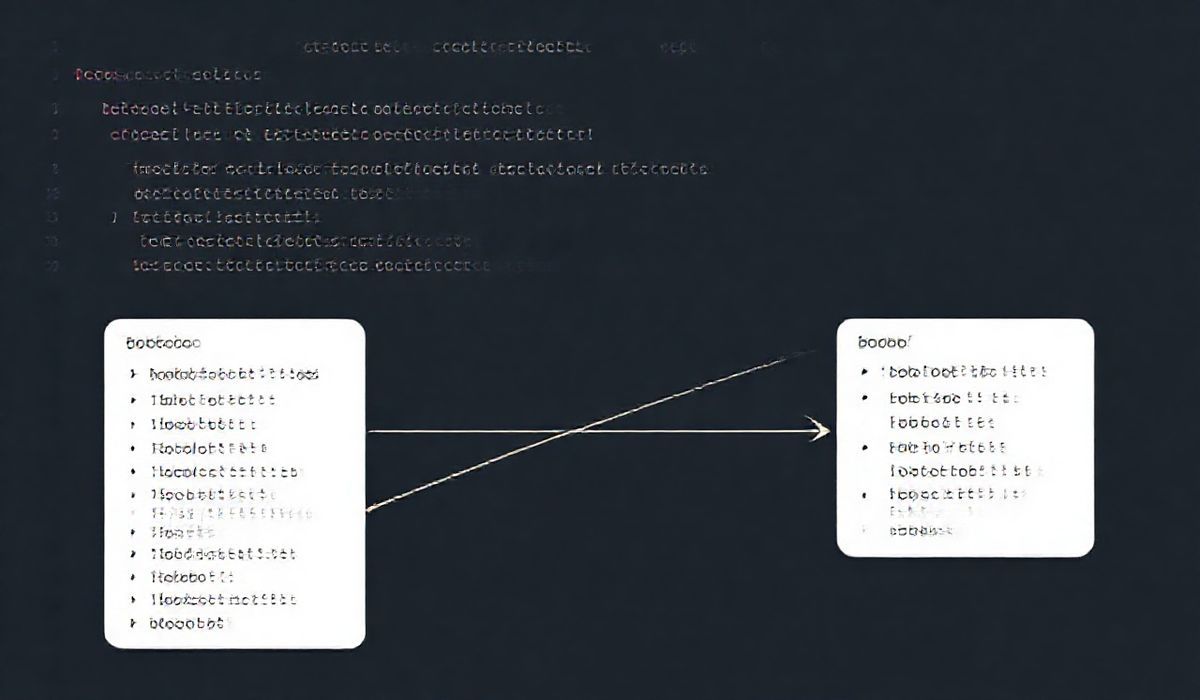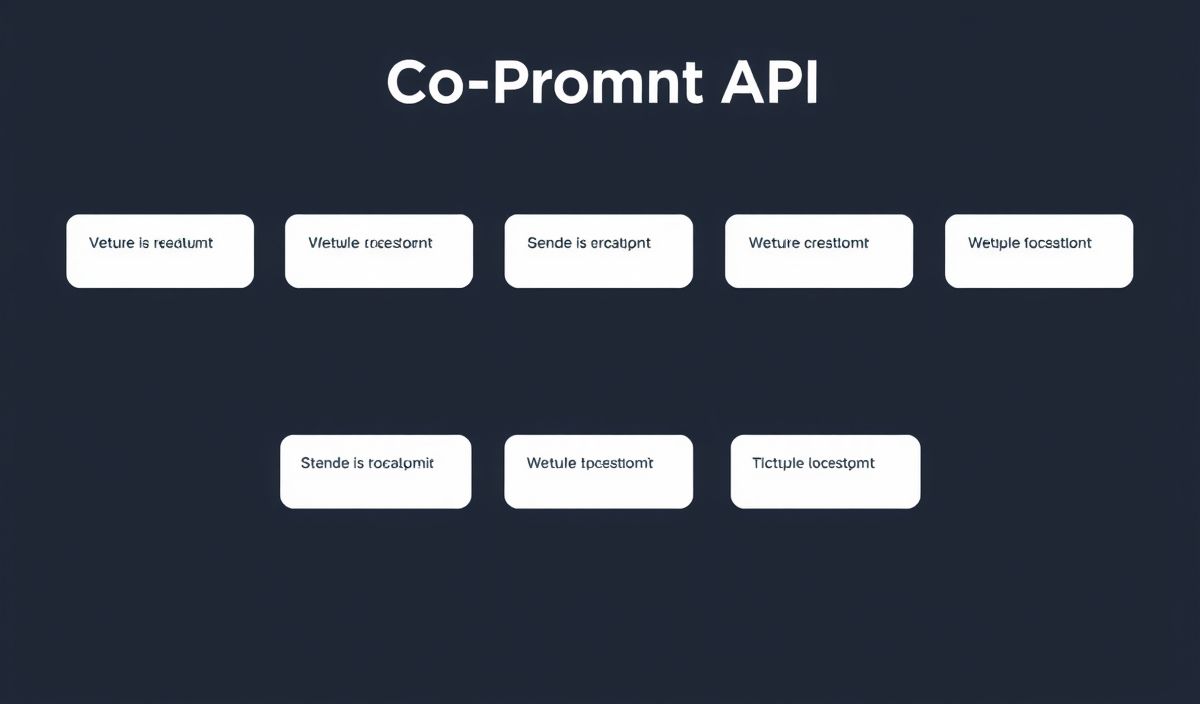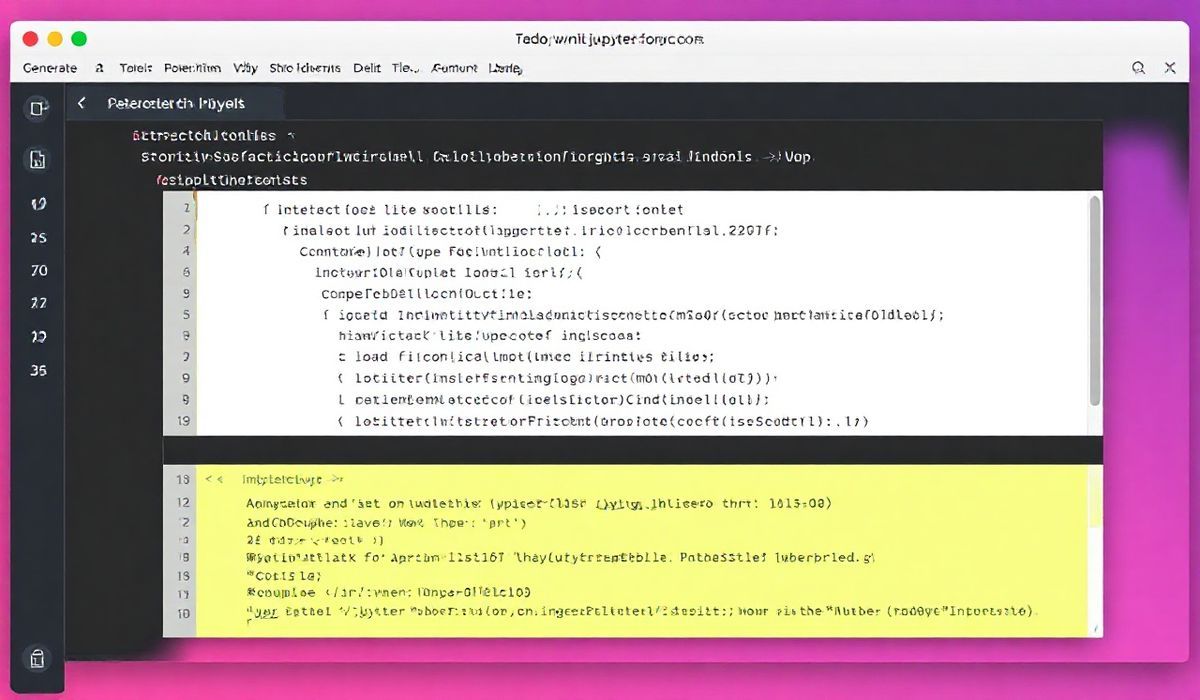Introduction to Typing Extensions
The Python typing-extensions module is a powerful library that provides backports of typing-related features introduced in newer versions of Python to older Python versions. It allows developers to leverage advanced type hints and maintain compatibility across Python versions. This flexibility bridges gaps in Python’s type hinting while offering dozens of utilities that make type-driven development easier and more effective.
Why Typing Extensions is Essential for Developers
As Python’s typing module evolves, developers often face challenges in maintaining compatibility with older versions of Python. typing-extensions comes to the rescue by offering backward-compatible tools and features, allowing your applications and libraries to stay up-to-date without breaking codebases.
Key Features and Examples
1. Literal
Define an expected, specific set of possible values for a parameter using Literal.
from typing_extensions import Literal
def greet_user(role: Literal["admin", "user", "guest"]) -> str:
return f"Welcome, {role}!"
print(greet_user("admin"))
# Output: Welcome, admin!
2. TypedDict
Create dictionaries with stricter key-value type checking.
from typing_extensions import TypedDict
class UserInfo(TypedDict):
name: str
age: int
user: UserInfo = {"name": "Alice", "age": 25}
# Without TypedDict, adding an invalid field would go unchecked.
3. Protocol
Design contracts for your classes to follow using structural typing.
from typing_extensions import Protocol
class Greeter(Protocol):
def greet(self) -> str:
...
class PersonalGreeter:
def greet(self) -> str:
return "Hello!"
def deliver_greeting(greeter: Greeter) -> None:
print(greeter.greet())
deliver_greeting(PersonalGreeter())
4. Annotated
Add metadata to function parameters and return values.
from typing_extensions import Annotated
def process_data(data: Annotated[int, "Must be a positive integer"]) -> None:
print(data)
process_data(42) # Works fine.
5. Concatenate and ParamSpec
Enable advanced function composition with these utility features.
from typing_extensions import Concatenate, ParamSpec
P = ParamSpec("P")
def log_function_call(fn: Callable[Concatenate[str, P], str]) -> Callable[P, str]:
def wrapper(*args: P.args, **kwargs: P.kwargs) -> str:
print("Calling function with args:", args)
return fn("logged prefix", *args, **kwargs)
return wrapper
@log_function_call
def example_function(prefix: str, name: str) -> str:
return f"{prefix} says, Hello {name}!"
print(example_function(name="Alice"))
Practical App Example
Let’s walk through a simple app example showcasing typing-extensions. This outlines how the above features can be combined.
from typing_extensions import TypedDict, Protocol, Literal
class User(TypedDict):
name: str
role: Literal["admin", "user", "guest"]
class Notifier(Protocol):
def notify(self, user: User) -> None:
...
class EmailNotifier:
def notify(self, user: User) -> None:
print(f"Sending email to {user['name']} with role {user['role']}.")
def notify_user(user: User, notifier: Notifier) -> None:
notifier.notify(user)
user_info = User(name="John", role="admin")
email_notifier = EmailNotifier()
notify_user(user_info, email_notifier)
This example demonstrates how contracts using protocols, data constraints with TypedDict, and specific role restrictions with Literal can be utilized to build robust and maintainable applications.
Conclusion
By incorporating typing-extensions, you can future-proof your projects while adhering to clean and understandable type annotations. Whether you are building small scripts or large-scale applications, typing-extensions is indispensable for modern Python development.




